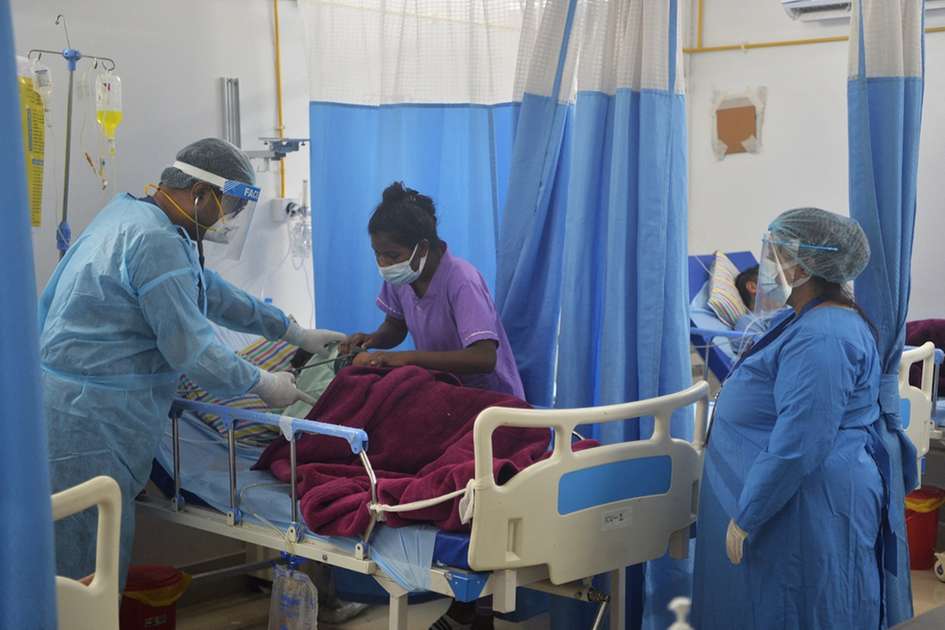World Health Organization (Who is the) This Tuesday (1) reassessed that only one strain of the Indian variant of Covid-19 is considered “worrying”. Two other strains were reduced. The B.1.617.2, However, it has a greater potential to threaten public health, according to the entity.
The agency even said last May that the entire variant was “alarming”, but it retracted and concluded in a weekly epidemiological update that only one strain should be considered as such, the so-called delta.
The World Health Organization stated: “It has become clear that more public health risks are currently associated with B.1.617.2, while lower rates of transmission have been observed with other strains.”
B.1.617.2 remains a concern with three other strains of the virus, considered more dangerous than the original version because it is more contagious or deadly, or because vaccines may not protect against it.
Retreat
The World Health Organization assigned Greek letters last Monday (31) to the scientific names of various variants, such as Alpha, Beta, Gamma or Delta for the case of B.1.617. The aim is to avoid “stigmatization and discrimination” by using the names of the countries and territories in which they appeared.
Pedigree B.1.617.1 was reduced to the category of “variable of interest” and named Kappa. Regarding clause B.1.617.3, WHO does not find it more interesting and does not allocate a Greek letter.
“We continue to see a sharp increase in transmissibility and an increasing number of countries where outbreaks are associated with this type,” says the World Health Organization, which considers conducting “new studies” on its effect.
The new hybrid variant, which Vietnamese health officials reported on Saturday, appears to be Delta-type, Dr. Maria Van Kerkhove, technical director of the organization’s fight against COVID-19, said on Tuesday.
“We know that B.1.617.2 has increased transmissibility, which means it can spread more easily between people,” he said.



![[VÍDEO] Elton John’s final show in the UK has the crowd moving](https://www.lodivalleynews.com/wp-content/uploads/2023/06/Elton-John-1-690x600.jpg)


More Stories
The Director of Ibict receives the Coordinator of CESU-PI – Brazilian Institute for Information in Science and Technology
A doctor who spreads fake news about breast cancer is registered with the CRM of Minas
The program offers scholarships to women in the field of science and technology